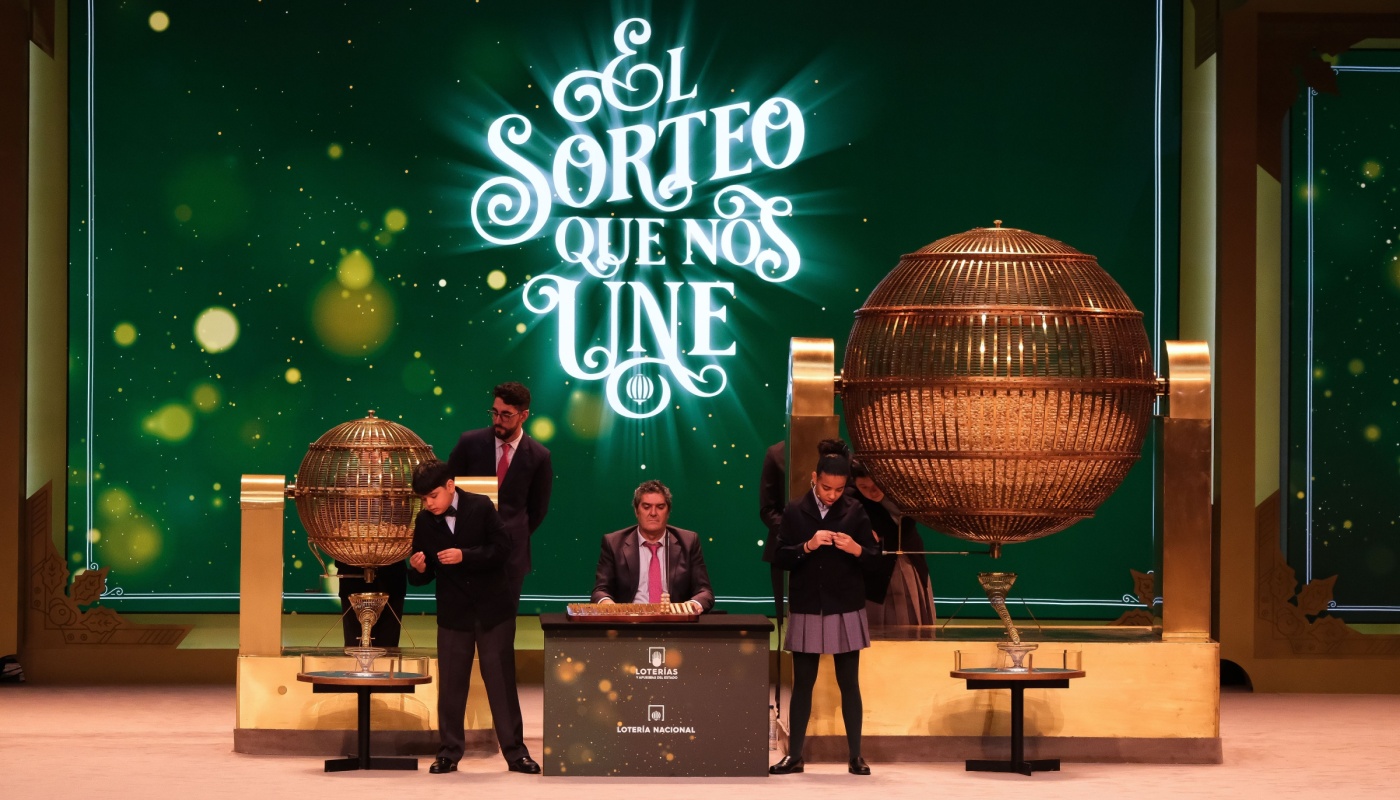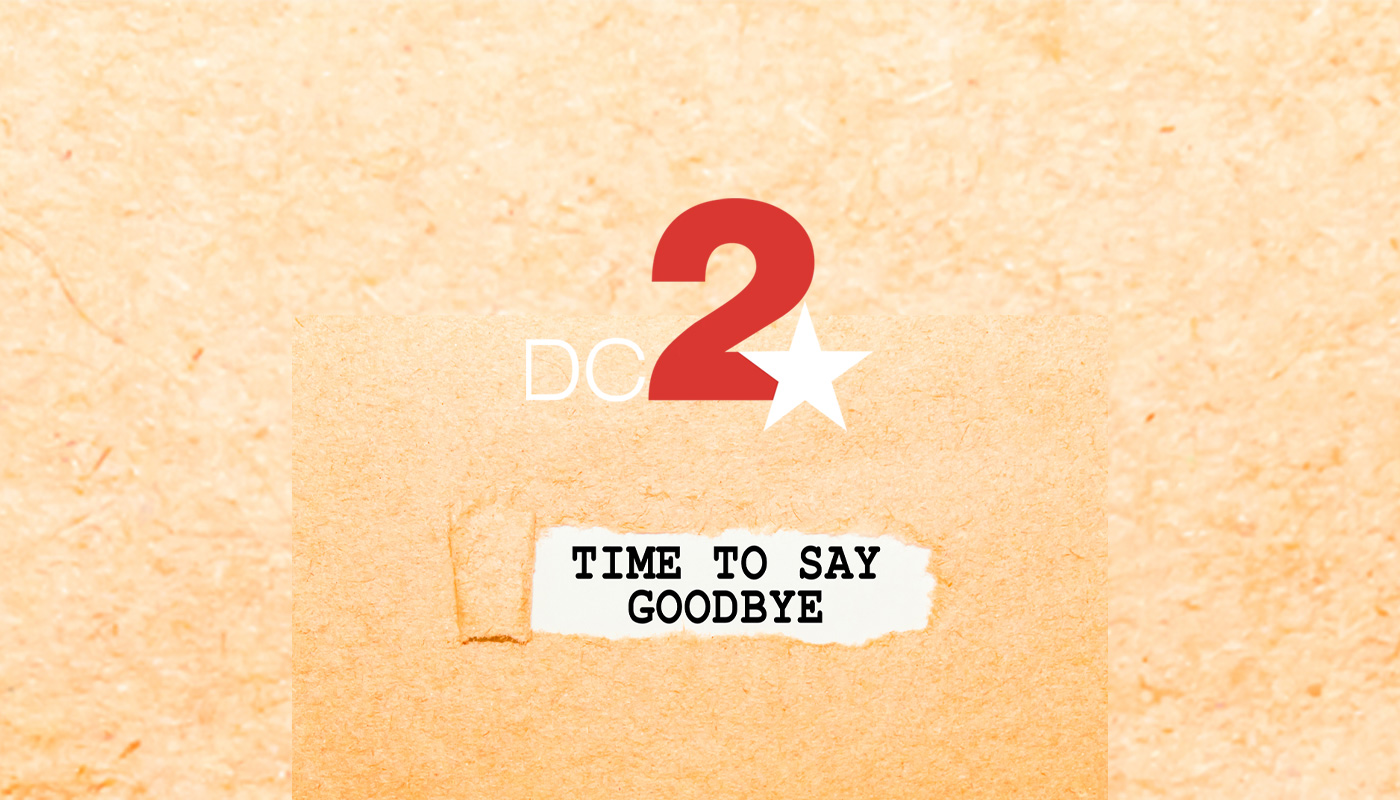
News writer, Interviewer
From ancient bones tossed in desert sands to modern-day multimillion-dollar draws, lottery raffles have shaped human history in unexpected ways.
Moses used them to divide promised lands. The Romans cast lots to determine fates. But it was the Chinese who turned this game of chance into something monumental - literally. During the Hun Dynasty, they invented Keno, a lottery game still played today, to fund the construction of the Great Wall. This wasn't just gambling - it was civic innovation on an epic scale.
Unlike their cousin the regular lottery, raffles operate on a simple yet powerful principle: every ticket sold brings a guaranteed winner. Think of it as destiny with a deadline. While lotteries can roll over endlessly, chasing ever-growing jackpots, raffles promise resolution. They offer a fixed number of tickets, predetermined prizes, and most importantly, the certainty that someone, somewhere, will win.
We will examine the world of lottery raffles and explore their evolution from ancient times to modern draws. We'll uncover how different countries have adapted this format, from Spain's famous Christmas lottery to lottery raffles in the United States.
Raffles vs. lotteries
Confused? Don't be! Let's break down the key distinctions between these two game-changing formats.
When you purchase tickets to a lottery draw, you get to select your own numbers. When you play a raffle, you are given a pre-printed code.
There is always a jackpot winner in a raffle draw. A jackpot winner is guaranteed, as the draw includes only the numbers or codes that correspond to the raffle lottery tickets sold. Lottery draws, on the other hand, don't always have a jackpot winner - the lotto draw machine contains every number from the guess range, so there's no promise that the selected numbers were chosen by any ticket holders.
Raffles award their prizes on a defined date. While lotteries can roll over multiple times, sometimes even with no limit, raffles take place on a particular day, and the winners are determined then. For example, the French version of EuroMillions stages a supplementary My Million raffle, guaranteeing one €1 million ($1.08 million) winner per draw, regardless of what happened in the previous round.
The popularity of raffles can be impressive. David Workman, Public Information Specialist at the Idaho Lottery, recalled a remarkable Christmas Eve promotion in 2018:
Throngs of excited players flooded the retail stores... In the six-hour window, 42,740 tickets were issued – nearly 20% of the entire game. Players really engaged with the game and told us how much fun they had. They have really begun looking forward to the Idaho $1,000,000 Raffle each year thereafter.
Raffles have a limited number of tickets available, while lotteries are unlimited. The more people who buy lottery tickets, the better it is for everyone, as the jackpot grows based on sales. Raffles, on the other hand, sell a finite number of codes. To compensate, the Spanish Christmas lottery and Lotería del Niño print each ticket code multiple times and divide them into shares, allowing more people to participate. This creates the possibility of multiple jackpot winners.
Finally, lottery jackpots grow, but raffle prizes are set in stone. Unless the lottery has a cap, its grand prize can indefinitely balloon until claimed. Raffles, however, have predetermined jackpots and other awards that don't roll over.
Where chance meets culture
Spain has long been renowned for its lavish, historically significant lotteries—and for good reason. The country's lottery traditions date back centuries and intertwine with its cultural heritage in fascinating ways.
The crown jewel of Spanish lotteries is undoubtedly the Lotería de Navidad or Christmas Lottery. This annual draw, established in 1812, boasts the world's largest prize pool at €2.7 billion ($2.9 billion). With odds starting as low as 1-in-10 and a €4 million ($4.3 million) jackpot, it's no wonder nearly all adult Spaniards participate, whether by purchasing a ticket or receiving one as a gift.
The Lotería de Navidad draw itself is a spectacle to behold. Hosted at the Teatro Real in Madrid, the ceremony features two large drums containing over 100,000 hand-carved wooden balls. As the winning numbers are drawn and sung by students of the San Ildefonso School, the audience cheers in their festive, lottery-themed costumes. It's a celebration of Spanish heritage as much as it is a game of chance.
But the lottery excitement doesn't end with Christmas. The Lotería del Niño, held each January 6, offers a prize pool of €700 million ($756 million), including a €2 million ($2.1 million) jackpot. Named after the Baby Jesus, this draw commemorates the Epiphany and the end of the 12-day holiday season.
What makes these Spanish lotteries so special is the way they've become woven into the nation's fabric. They're not just games of chance - they're celebrations of history, community, and national pride. Whether you're chasing the thrill of a massive jackpot or simply want to experience the unique pageantry, Spain's legendary lotteries offer an unparalleled lottery experience.
Where holiday dreams come true
While Spain may be famous for its historic raffles, several U.S. states have created their own winning traditions with holiday-themed millionaire raffles that offer incredible odds and guaranteed winners.
Montana leads the pack with its wildly popular Montana Millionaire game. Now in its 18th year, the 2024 edition features four $1 million grand prizes and 500,000 tickets at $20 each. Last year's tickets vanished in just five hours - proving that sometimes the hardest part of winning is simply getting a ticket.
Minnesota's Millionaire Raffle has become a beloved holiday tradition since its 2006 debut. For $10, players get a shot at two $1 million prizes, plus over 15,000 additional winners announced on New Year's Day. But don't wait too long - last year's tickets sold out 22 days before Thanksgiving.
As Joan Schimml, Director of Public Affairs for the Minnesota Lottery, explained:
Our players look forward to playing Minnesota's Millionaire Raffle every year. It's not uncommon for Raffle winners to receive their tickets as gifts. We've even had a few $1 million Raffle winners who have received their tickets as gifts.
Idaho keeps things interesting with its $1,000,000 Raffle, featuring daily $1,000 bonus drawings for the first 15 days of sales. They even reward every 25,000th ticket sold with an instant $1,000 prize.
Workman said:
The Idaho $1,000,000 Raffle is one of the most anticipated games of the year in Idaho. This game has made 21% of the Idaho Lottery's millionaires.
With only 450,000 tickets available at $10 each and now guaranteeing two $1 million prizes, the odds are certainly in players' favor.
Kansas brings holiday cheer with its Holiday Millionaire Raffle, now in its 16th year. The $20 tickets feature three Early Bird drawings of $30,000 each before the final $1 million drawing on January 2. With just 150,000 tickets available, this raffle offers some of the best odds in the country.
Massachusetts joins the celebration with its new Mass Millionaire Holiday Raffle. For $10, players get a chance at a $1 million grand prize, plus four $250,000 prizes and six $25,000 prizes. With weekly $20,000 drawings and instant $100 winners for every 100 tickets, the 550,000 available tickets are sure to disappear quickly.
What makes these state raffles special is their limited-ticket format and guaranteed winners - a combination that creates genuine excitement and anticipation during the holiday season.
From ancient times to the modern era, lottery raffles have captivated the human imagination. Whether it's the thrill of the draw, the allure of guaranteed winners, or the cultural significance of these events, their enduring popularity is a testament to their timeless appeal.


















Comments